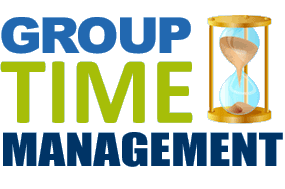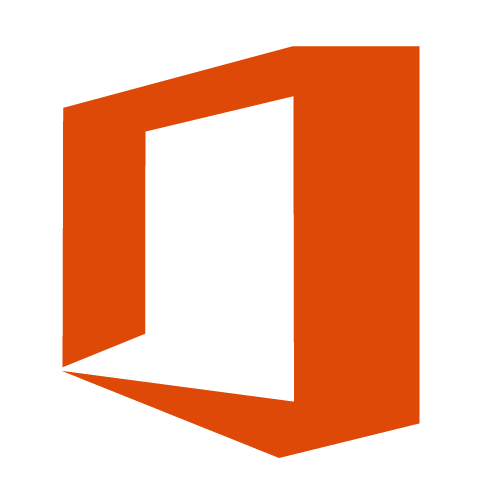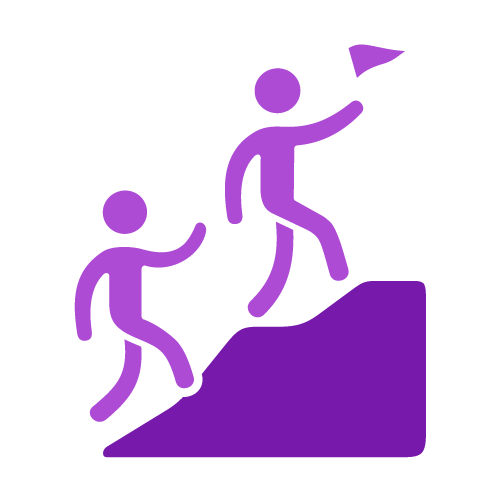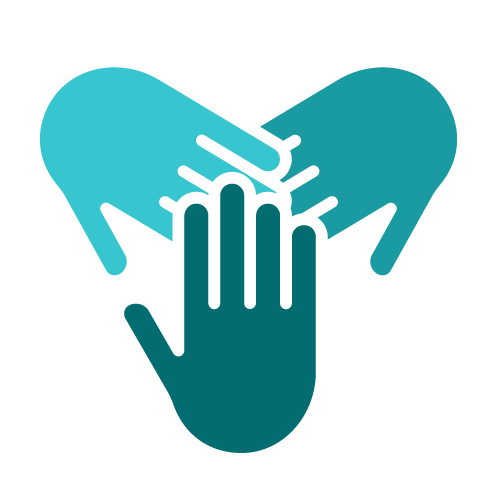
In the fast-paced world of healthcare, managing time effectively is not just a skill—it is a necessity. Healthcare professionals face unique challenges daily, from managing patients’ needs to balancing administrative duties and maintaining personal well-being. Without the right time management strategies, these challenges can lead to burnout, stress, and a decline in the quality of patient care.
This article explores four key subtopics that are essential for healthcare professionals seeking to improve productivity and work-life balance. These strategies apply to both leaders and staff members, helping to create an environment that is not only productive but also focused on delivering optimal patient care.
Prioritizing Patient Care: The Importance of Scheduling
For healthcare professionals, patient care is at the heart of their duties. However, without a clear schedule, managing numerous patients, treatments, and administrative tasks can become overwhelming. To maximize efficiency, creating a well-organized schedule is the first step toward achieving a better work routine.
Implement Time Blocking
One effective strategy is time blocking—allocating specific time slots for different types of tasks. For instance, you can dedicate the first few hours of your day to direct patient care and use the later part for charting or administrative duties. This method minimizes distractions and keeps you focused on one task at a time.
Additionally, digital scheduling tools like electronic medical record (EMR) systems or calendar apps can help professionals keep track of appointments and administrative tasks, reducing the chance of missing critical deadlines or appointments. By using these tools, healthcare professionals can better organize their daily responsibilities, ensuring that patient care remains the priority while also giving attention to other essential duties.
Consider Urgency and Importance
Another important concept in scheduling is the Eisenhower Matrix, which divides tasks based on their urgency and importance. For healthcare professionals, critical patient needs are, of course, the most urgent. However, administrative tasks, while not immediately pressing, are still important. By applying this framework, professionals can manage their time effectively, ensuring both patient care and paperwork are completed in a timely manner.
Delegate Non-Essential Tasks
Healthcare leaders can improve the time management of their staff by encouraging delegation. While it may feel tempting to take on every task personally, delegating non-essential or administrative responsibilities to support staff can help free up more time for patient-focused duties. Studies show that effective delegation can increase productivity by as much as 30% in healthcare settings, leading to better patient outcomes and more satisfied staff.
Efficient Communication in Healthcare Settings
In healthcare, communication is a vital component of effective time management. Clear communication can reduce confusion, prevent mistakes, and streamline operations in clinical settings. For busy healthcare professionals, improving communication techniques can directly lead to time savings and a reduction in redundant efforts.
Implementing Clear Communication Protocols
One of the easiest ways to streamline time management is to implement standardized communication protocols. Whether it’s through SBAR (Situation, Background, Assessment, Recommendation), which is widely used in healthcare, or other systems like hand-offs during shift changes, ensuring everyone on the team is clear about what is happening reduces errors and repetition.
In fast-paced environments, miscommunication often leads to delays or mistakes that need to be corrected later. By implementing clear communication frameworks, healthcare teams can avoid these pitfalls, ensuring that every member understands their role and duties for the day.
Leverage Technology for Faster Communication
Modern healthcare also benefits from technology. Using secure messaging apps or integrated communication tools within the hospital system allows for quick, real-time updates on patients or tasks. This not only reduces the time spent waiting for answers but also ensures that important information is communicated swiftly and accurately.











